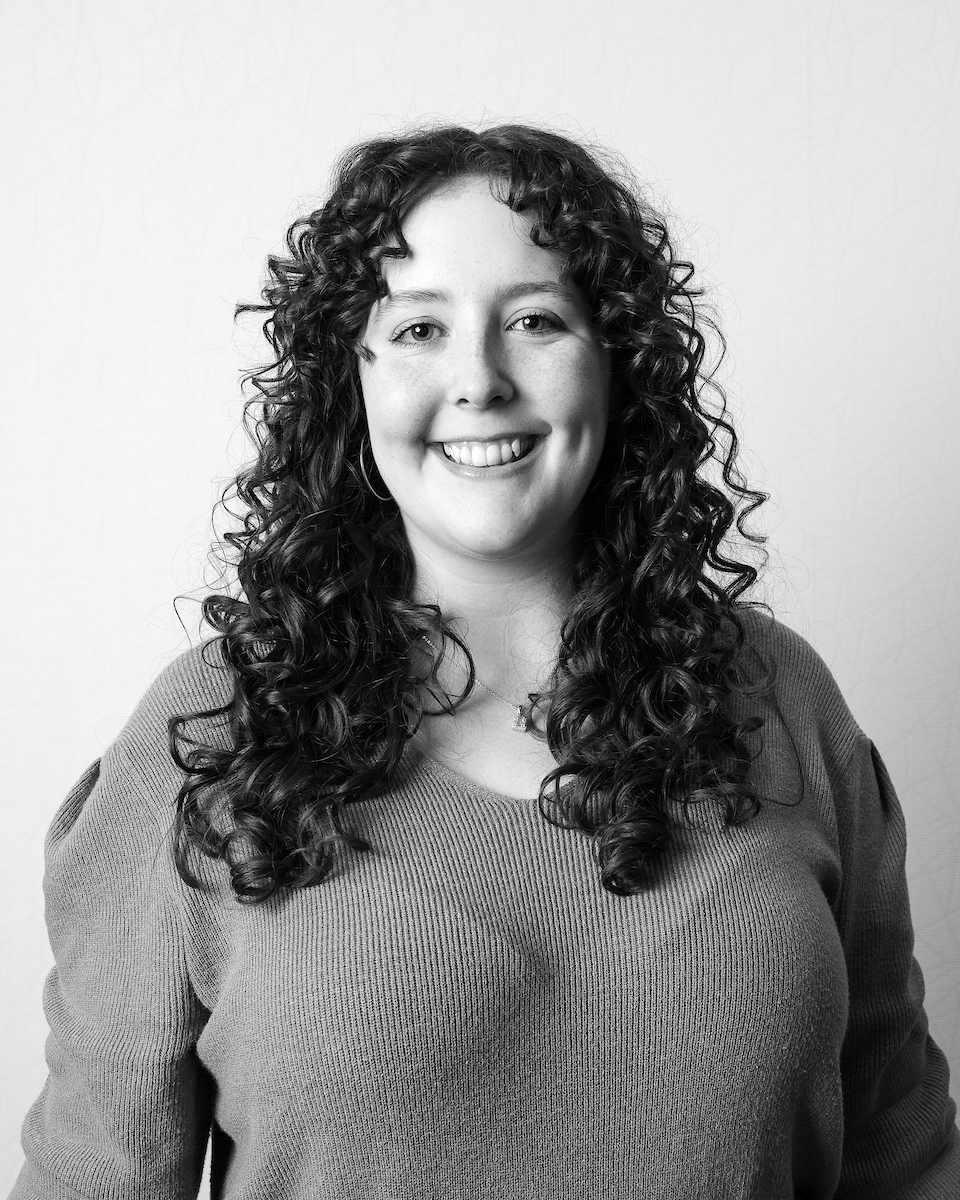
By Lauren Rives
I’ve found that talking about consent is one of the most complicated things I’ve had to do while working at the McCluskey Center for Violence Prevention Research and Education. Society has historically had such a fraught relationship with consent that it’s just not an easy thing to discuss. When people did start to talk about a lack of consent being a form of sexual assault, we did so by saying that “no means no.” Later, when we realized that wasn’t enough, we pivoted to “yes means yes” to encourage enthusiastic, affirmative consent as a way of preventing violence.
Despite the importance of these movements, these phrases can unfortunately contribute to further harm. Consent cannot be seen in a dichotomous “yes” or “no” because people don’t understand consent like that. We rely on both verbal and nonverbal cues to understand whether our partners want something or not and the way we interpret those cues depends on our own individual circumstances. A “yes” may not actually be a “yes.” Pretending that consent is straightforward and can be simply addressed with affirmative consent makes our sexual violence problems worse.
This is why the MCVP and Students United for Reproductive Freedom (SURF) came up with Consensual Conversations.
We want to increase awareness that consent is complex and create a community of students who can freely discuss this fact. As part of that, we also want students to tell us what they want to know about consent so that we can address what’s affecting them the most, which is why we invite people to submit questions and thoughts before our events. We held the first Consensual Conversation on February 13.
“This event was created through small conversations and team-building experiences in an internship class, where I had the privilege to meet Lauren and learn about the McCluskey Center,” said Isabel Calderon of SURF. “I don’t think I knew the impact this would have on me. I never really expected to make an impact within my community, even less in the college I attended. I didn’t expect to collaborate or talk about this subject matter, either.”
We received quite a few submissions, ranging from comments about boundaries, the complexities of consent with alcohol, consent with different identities and circumstances and more, tying into discussions of sexual scripts, power dynamics, coercion and the legitimate disappointment of not receiving consent. Our attendees and the three of us running the event—myself and Isabel and Matylda Blaszczak, also from SURF—had such an engaging conversation about these topics that we ran over the official event time!
It’s clear that events like these have a place on our campus. The number of people who attended our discussion blew our minds; nearly 20 people stopped by throughout the hour, which was well above our expectations.
“I am so happy we had such a good turnout for two pretty small groups on campus,” Matylda told me. “It truly shows that there is a desire for this sort of content on campus and that we are not doing this in vain. I can see that people are just looking for a safe space to talk about these things without having to worry about whether people are judging them or believe them or whatever else it may be.”
Isabel said that hearing others’ “voices and their experiences and perspectives on these subjects made me feel like I wasn’t alone and that we all have questions about consent.”
Many people approached us afterward to ask if we will be holding more events like these. Yes, we hope so!
“Although some of the ways our two groups approach these issues might be a little different,” Matylda said, “I think this serves us well. Having multiple perspectives on complicated issues like sexual violence is essential to understanding how we go about making change. I believe that this partnership should only strengthen from here. I know we all have so many more ideas and clearly working together has done us well. Strength in numbers!”
The MCVP and SURF both want to end sexual violence and we experienced a true collaboration working on this project. We will continue to hold Consensual Conversations for as long as we can. We’re hoping our next event will more deeply cover consent within different identities, particularly the LGBTQIA+ community.
Thank you to everyone who supported us in making this event what it is and thank you to everyone who came to our first ever Consensual Conversations!
 Lauren Rives (she/her/hers) is double majoring in psychology and gender studies, with interest in studying intersectionality, the impacts of the carceral justice system and gender development. She is a student staff member at the McCluskey Center for Violence Prevention Research & Education.
Lauren Rives (she/her/hers) is double majoring in psychology and gender studies, with interest in studying intersectionality, the impacts of the carceral justice system and gender development. She is a student staff member at the McCluskey Center for Violence Prevention Research & Education.
